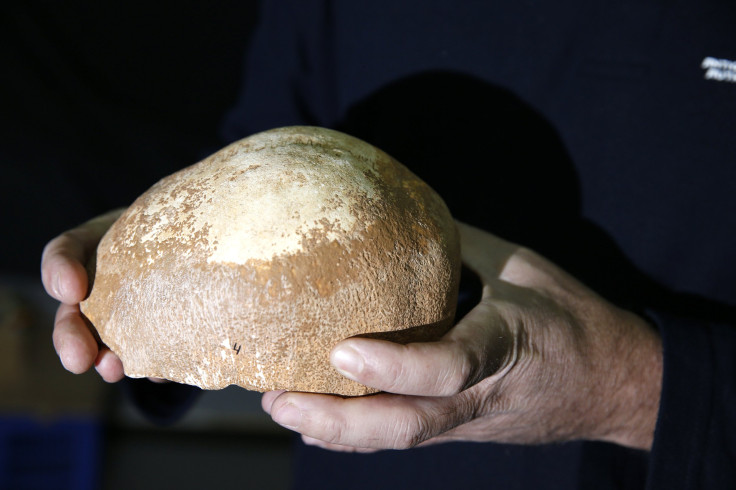Sex with Neanderthals weakened immune systems of Europeans; People with African ancestry kills bacteria 3 times faster

Scientists have found that people of African descent have stronger immune systems than those of European descent. The reason is partly because of Neanderthal genes in European people. Sexual intercourse with Neanderthals weakened their immune systems.
Fondness for inter-species sex led Europeans to share beds with Neanderthals. When humans migrated from Africa to Europe, they found the continent to be already-inhabited by Neanderthals. The two populations co-existed for thousands of years and and interbred occasionally.
This is why modern Europeans have a small proportion of Neanderthal DNA. Now a study, published by US, Canadian and French scientists in the journal Cell, have shown that the inheritance has given Europeans a reduced immune response. People of African descent respond more strongly to infections.
It is known that people with different ancestry have different resistance levels to pathogens. The researchers isolated immune cells and then exposed them to viruses and bacteria. In certain cases, those with African ancestry killed the bacteria three times faster.
However, the researchers believe that the presence of Neanderthal genes in Europeans is not a bad thing entirely and the stronger immunity of people of African descent has its negative side.
“The immune system of African Americans responds differently, but we cannot conclude that it is better, since a stronger immune response also has negative effects, including greater susceptibility to auto-immune inflammatory diseases such as Crohn’s disease,” University of Montreal’s Luis Barreiro said in a statement.
Neanderthals played a crucial role in immune response to infections. They colonised Europe and not Africa. The Neanderthals mixed their genes with African Cro-Magnons who were present all over Europe. Around three percent of the genes that led to immune responses between African and European Americans were from Neanderthals.
“I was expecting to see ancestry-associated differences in immune response but not such a clear trend towards an overall stronger response to infection among individuals of African descent,” Barreiro added.






